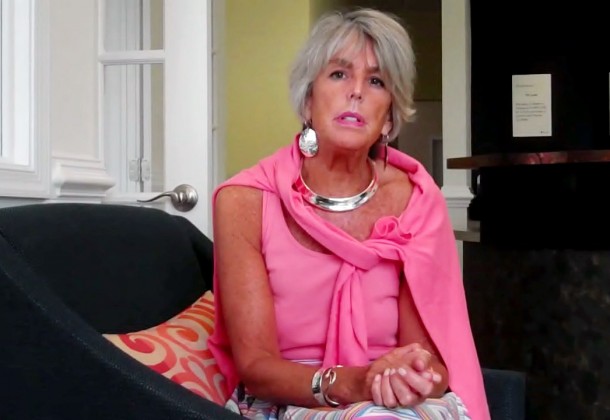PRMI Reverse Mortgages

The market for reverse mortgages is expected to grow as baby boomers are set to retire and begin looking more earnestly at their retirement income planning options, and Primary Residential Mortgage in California, MD can help.
PRMI’s reverse mortgage specialist, Robbie Loker, can help you learn if a reverse mortgage is right for you.
Those 62 or older – who want money to pay off their mortgage, supplement their income, or pay for health care expenses – often consider a reverse mortgage. A reverse mortgage allows a homeowner to convert part of the equity in their home into cash without having to sell the home or pay additional monthly bills.
The first wave of baby boomers to hit retirement age is reaping the advantages of their demographic (better education, better health, longer life expectancy) and confronting the negatives (cost of living, decline of traditional pensions, families with continuing needs, both elders and children). Social Security, on which 36 percent of boomers say they expect to depend as their primary source of income, will likely see adjustments over time that could affect the amount they can count on. Investment income, if they have it, could vary greatly.
The boomers could find managing their debt to be a challenging task. And a reverse mortgage could be the tool that helps many homeowners. It’s not unusual for people to hit retirement age with substantial home equity but flat or diminishing income levels, or with debt. In those cases, a reverse mortgage could rebalance the financial situation while keeping the borrowers in their homes.
A common misconception is that reverse mortgages are for the aged, but a 2012 study by the Metropolitan Life Mature Market Institute, in conjunction with the National Institute on Aging, states otherwise. The study found that more reverse mortgage borrowers are applying at earlier ages. While the average age of borrowers is about 73, the average age of homeowners who went through reverse mortgage counseling between September and November 2010 was 71.5. Of homeowners who are considering a reverse mortgage, 46 percent are younger than 70. One in five (21 percent) are leading-edge baby boomers (age 62 to 64), despite lower available loan limits. In comparison, homeowners who were around the minimum age (62) for these loans represented only about 6 percent of borrowers who applied for reverse mortgage loans during 1999.
Furthermore, according to the study, among reverse mortgage counseling clients, two thirds of these homeowners (67 percent) wanted to lower household debt. Only 27 percent were considering a reverse mortgage to enhance their lifestyle. Even fewer (23 percent) saw the need to plan for the future as a reason to take out this type of loan, indicating that reverse mortgages are no longer a “one-size-fits-all” solution, the study says.
Reverse Mortgage Daily noted a December 2015 report that using a reverse mortgage as part of a coordinated retirement planning strategy can significantly enhance the success rate of a retiree’s portfolio. There are various strategies in which a reverse mortgage can be used effectively in one’s retirement planning.
Reverse mortgages can be complicated so it’s important to seek advice from the professionals. The loan officers at Primary Residential Mortgage Inc. can offer the latest information to help homeowners review the different types of reverse mortgages and find an option that best meets their needs.
To learn more, call PRMI at 301-737-0001.
Primary Residential Mortgage Inc. is at 23131 Three Notch Road, Suite 201, California, MD 20619.
For more information on PRMI, visit their Leader member page.























